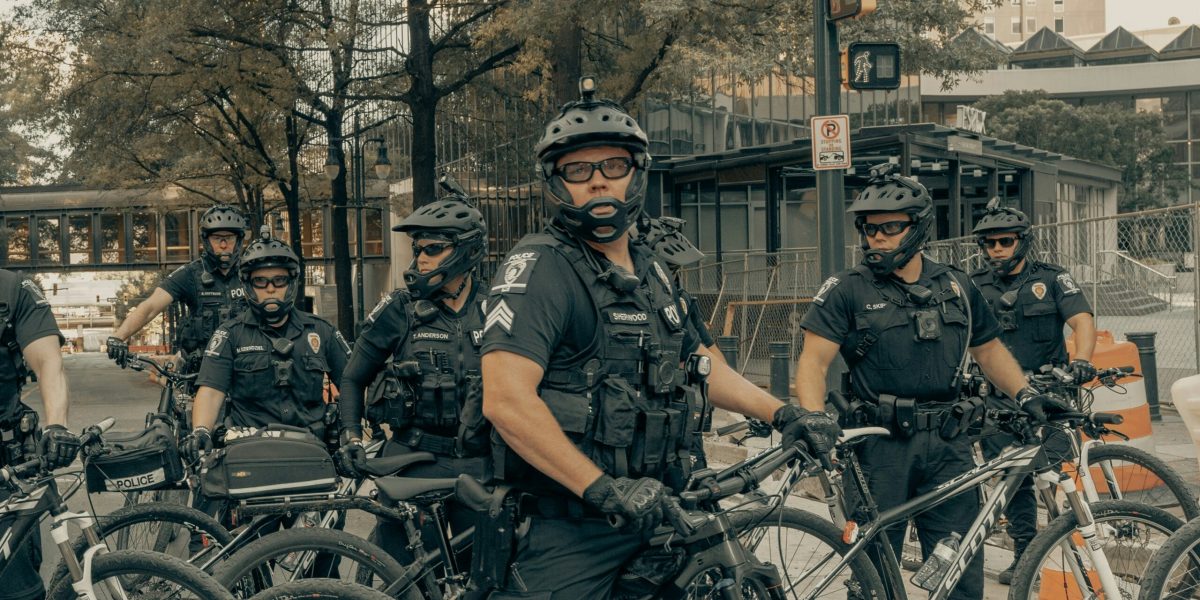What is Nashville Doing to Enhance Public Safety?
Public safety is a growing concern in cities across the U.S., and Nashville is no exception. With rising population numbers and the challenges that come with urban growth, ensuring the safety of its residents remains a top priority for local authorities. From law enforcement efforts to community engagement, Nashville has been actively working to address crime and maintain the well-being of its citizens.
In recent years, Nashville’s Metro Police Department has launched numerous initiatives aimed at both reducing crime and increasing trust within communities. According to local reports, Nashville’s crime rates have shown fluctuations, with certain areas experiencing a rise in property crimes, while violent crime has decreased overall. This dual trend highlights the complexity of maintaining public safety, as authorities strive to combat specific crime types while focusing on broader preventative measures.
Crime prevention programs like the “Safe Nashville” initiative are central to the city’s strategy. This program encourages community involvement, with citizens working alongside law enforcement to identify and address safety concerns. Research indicates that when communities and law enforcement collaborate, the overall sense of safety increases, which in turn helps reduce crime rates. Local experts argue that public safety initiatives are most effective when they focus not just on policing but also on the social and environmental factors that contribute to crime.
How Can Nashville Residents Stay Safe in Their Neighborhoods?
Staying safe is not solely the responsibility of law enforcement; residents must play an active role in ensuring their own safety and the safety of their neighbors. Public safety experts stress the importance of awareness and preparedness. For example, residents are encouraged to be vigilant about their surroundings, report suspicious activity, and get involved in local neighborhood watch programs. These efforts contribute to a sense of collective responsibility, making it harder for criminal activity to go unnoticed.
Technological advancements are providing new tools for improving safety. The city has embraced smart technologies such as surveillance cameras in high-traffic areas and neighborhood monitoring apps that allow residents to report incidents directly to the police. These innovations are part of a larger trend of “smart cities” where technology is integrated into everyday life to enhance the efficiency of public services, including law enforcement.
Experts also highlight the significance of preventive measures such as personal safety apps and home security systems. These tools are designed to provide an extra layer of protection, enabling people to act quickly in case of emergencies. For instance, apps that connect users directly to the police or allow friends and family to track each other’s locations are gaining popularity in Nashville. Many residents use these resources to feel more secure while out at night or in unfamiliar areas.
Professionals recommend fostering positive relationships with local law enforcement. Community policing is an effective strategy where officers become more integrated into the neighborhoods they serve. This not only builds trust but also allows police to address concerns proactively before they escalate into more serious problems.
What Are Nashville’s Key Crime Prevention Strategies?
Nashville’s approach to crime prevention is multifaceted, involving both reactive and proactive measures. A significant aspect of Nashville’s public safety strategy revolves around addressing the root causes of crime. Experts note that many crimes, especially property crimes, are linked to socio-economic factors such as poverty, lack of education, and unemployment. By tackling these underlying issues, the city aims to reduce the likelihood of crime occurring in the first place.
One of the most effective strategies in reducing crime in Nashville has been its focus on youth engagement. Programs aimed at keeping young people off the streets and involved in productive activities have shown positive results. For example, the “Youth Violence Prevention Program” focuses on providing mentorship, education, and job opportunities to at-risk youth. Research shows that providing youths with positive role models and opportunities to engage in meaningful activities is one of the most effective ways to prevent future involvement in criminal activities.
Another important crime prevention initiative is the use of data-driven policing. By analyzing crime patterns and using predictive models, Nashville’s police force can deploy resources more effectively. This data-driven approach has led to more efficient patrols and a greater emphasis on high-crime areas, ensuring that officers are present in places where they are most needed. According to crime analysts, this method has contributed to a decline in certain crime categories by making police presence more proactive.
In addition to policing, the city has been increasing its investment in social programs that provide long-term solutions. These include addiction recovery services, mental health support, and programs for individuals reentering society after incarceration. The goal is not only to prevent crime but also to rehabilitate offenders, ensuring they do not return to criminal behavior.
The Future of Public Safety in Nashville
The future of public safety in Nashville relies on the continued collaboration between law enforcement, residents, and community organizations. As the city grows, new challenges will emerge, but the innovative strategies and initiatives already in place are a promising foundation for continued progress. Whether it’s through technology, community involvement, or addressing socio-economic disparities, Nashville is on a path to becoming a safer place for all.
For Nashville residents, the key to staying safe lies in proactive participation—whether that’s staying informed, supporting crime prevention initiatives, or building strong connections with local authorities. As the city evolves, so too will its approach to public safety, continually adapting to meet the needs of its diverse and growing population.
By embracing these strategies, Nashville aims to not only address current public safety challenges but also build a sustainable framework for crime prevention and community well-being in the future.














